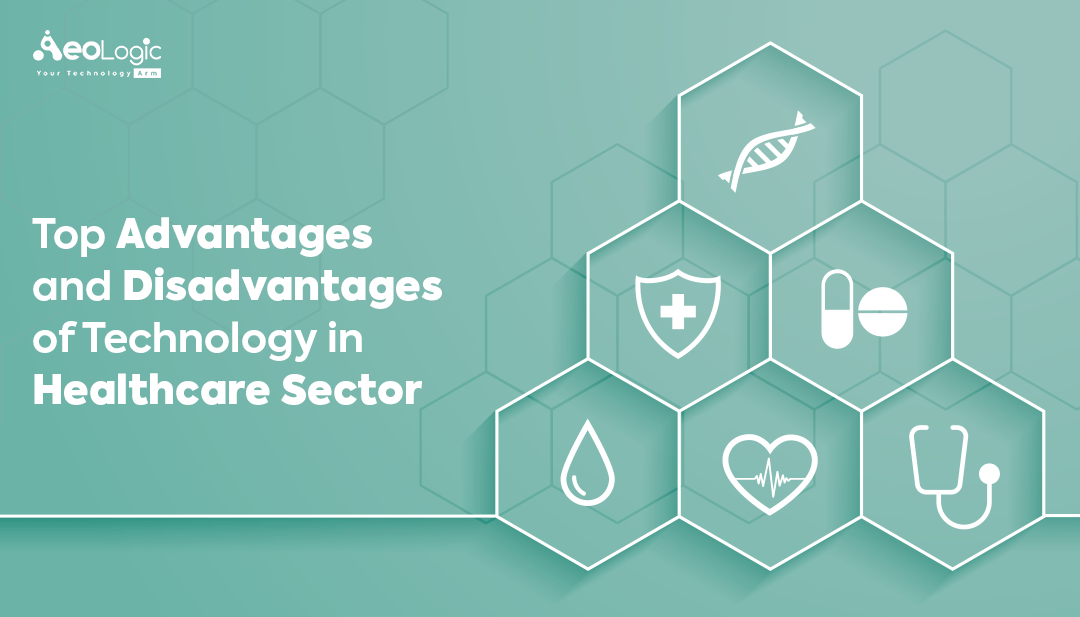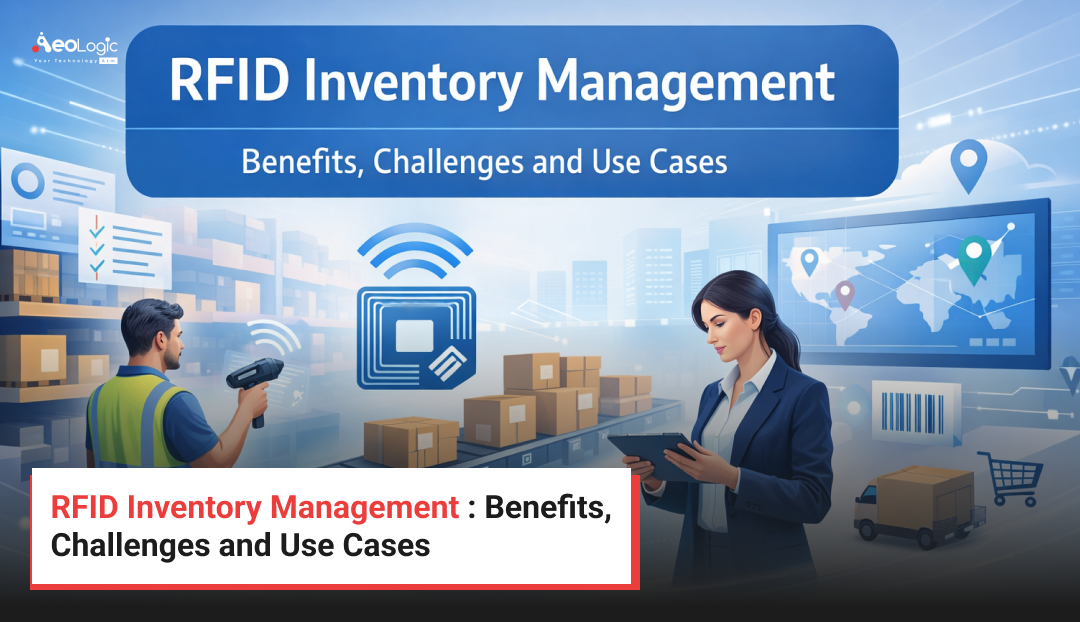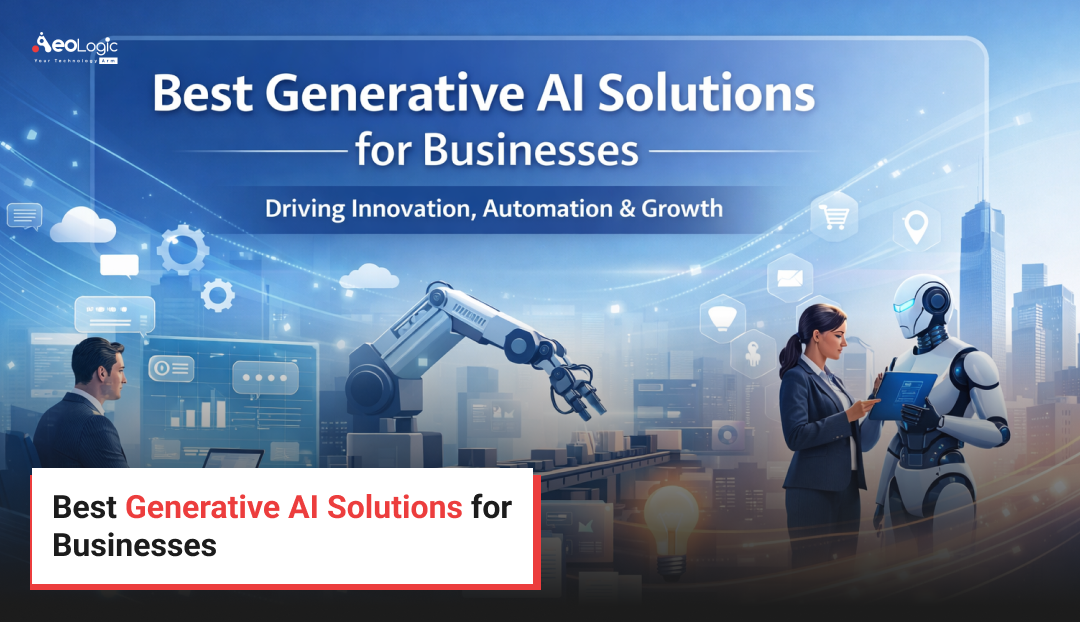The landscape of healthcare being confined to the four walls of a hospital building is rapidly getting blurred now. Even a few years ago, the thought of drawing a blood sample at the kitchen table instead of making another trip to a nearby hospital or diagnostics center would have been unimaginable. The purpose of this article is to inform you about the advantages and disadvantages of technology in healthcare.
Also read: Digital Transformation Examples in Healthcare
Why Healthcare Technology is Important?
Every arena of life today is depending on technology in some way. Each and every day, there are new technological devices developed to help make people’s lives easier and to support them with their work. Moreover, the medical and healthcare sector is heavily reliant on technology. Several technological equipment and devices have been invented in the healthcare industry. For example, a wireless brain sensor, digital thermometer, pulse oximeter, smart inhaler, blood glucose meter, and insulin pump are among the medical devices. The purpose of these devices is to improve patient care, and ultimately their health.
The concept of medical technology includes all the technology for saving lives. However, there are certain advantages and disadvantages of technology in healthcare. Nonetheless, hospitals and other healthcare facilities are using more than 500,000 devices and equipment technology.
Previously, a doctor’s only ability before medical technology was to anticipate diseases, i.e. the illness the patient is afflicted with. That’s exactly what was making it difficult for doctors to diagnose the actual disease a patient is suffering from. Therefore, with the development of medical technologies, it is becoming much easier for them to diagnose a problem or disease and prescribe a suitable treatment to the patients. This is why technology is playing such a crucial role in the medical field. There are several advantages and disadvantages of technology in healthcare, but let’s first start with its benefits.
Advantages of Medical Technology in Healthcare
1. Hospital communication systems
Patients are able to contact their doctors or nurses via a variety of devices. Therefore, a digital device like this is placed in a patient’s room or ward in a hospital.
Therefore, patients use these devices in case of an emergency. This is allowing doctors or nurses to see the patient at the right time.
Furthermore, patients and doctors benefit greatly from technology in this way. By using such a device, the doctor can reach the patients without wasting time. And thus, save their lives.
2. Technology is improving healthcare in hospitals
In the medical field, technological devices are used a lot to enhance the quality of care.
Modern medical devices such as drug management systems, portable defibrillators, MR systems, and electronic IV monitors have upgraded the quality of healthcare.
3. Medical records of patients in hospitals in electronic format
Nowadays, patients’ health records are stored electronically. Many hospitals and specialists are storing the complete health records of patients electronically. Databases or cloud servers are keeping records about patients. In addition, the computerized system is faster than keeping records on paper.
Disadvantages of Technology in Healthcare
The following are some of the disadvantages of medical technology:
1. Patients’ treatment costs augment
One of the major disadvantages of medical technology is the higher cost of treatment.
Almost all treatments and surgeries involving technology are very costly, such as robotic surgery. Whereas, other kinds of surgeries incorporating technological machinery can be very expensive too.
The vast majority of patients are living in rural areas and are poor. Therefore, costly surgeries are not an option for poor patients.
However, health care has been made more accessible by technology, but also more expensive that the patients are not able to afford.
2. Displaying incorrect results of the patient’s condition
One of the cons of technology in healthcare is sometimes the machinery or technological devices show incorrect results. Nonetheless, technological machines are made by programmers and engineers. Sometimes bugs and errors come into it. Then it does not work properly. If it is showing the wrong result and the doctor is giving out the wrong diagnosis to the patients then it may put the patient’s life in danger.
3. Breaching of patient information
It is also another disadvantage of medical technology that lacks information. For protecting the privacy of patients, hospitals are having laws concerning safety and privacy.
However, fault in technology can break this law. In hospital computer databases, healthcare records about patients can be leaked.
Since, computer systems can be hacked, enabling confidential information about a patient’s treatment to be stolen and altered. If someone alters a patient’s full treatment history, the next treatment can therefore be at risk.
Also read: The Importance of Information Technology in Healthcare
The Bottom Line
Based on the above advantages and disadvantages of technology in healthcare, can we state that healthcare technology is unprofitable, unusable, and too risky ultimately? Obviously no! If we were to weigh it all on the scales, the advantages of healthcare technology far surpass the drawbacks.
Plus, as the sector is developing, tech companies are thoroughly working toward coming up with solutions to the many encounters involved. In the next few years, we shall witness heightened cybersecurity, better tech reviewing and implementation, and higher physician awareness of providing personalized patient care.
The Fourth Industrial Revolution has taken the healthcare industry by storm, and it’s a storm that’s here to stay! We are here to help
Whether you’re an existing customer, or interested in learning more about our product and services– we’d love to hear from you!
FAQs
How has technology changed the healthcare sector?
Technology is enabling healthcare professionals to offer improved patient care, making it possible to get in touch with doctors from anywhere. And thus, providing easier access to accurate patient information. This is saving treatment costs, makes patients more confident, and allows physicians to care for each patient more efficiently.
What are the top technologies involved in transforming the healthcare sector?
Some of the major technologies involved in transforming the face of healthcare include Artificial Intelligence (AI), Machine Learning (ML), Augmented and Virtual Reality (AR and VR), and the Internet of Things (IoT).





